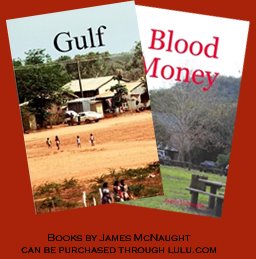Exodus 10: 12-20: “And the LORD said unto Moses, Stretch out thine hand over the land of Egypt for the locusts, that they may come up upon the land of Egypt, and eat every herb of the land, even all that the hail hath left. And Moses stretched forth his rod over the land of Egypt, and the LORD brought an east wind upon the land all that day, and all that night; and when it was morning, the east wind brought the locusts. And the locusts went up over all the land of Egypt, and rested in all the coasts of Egypt: very grievous were they; before them there were no such locusts as they, neither after them shall be such. For they covered the face of the whole earth, so that the land was darkened; and they did eat every herb of the land, and all the fruit of the trees which the hail had left: and there remained not any green thing in the trees, or in the herbs of the field, through all the land of Egypt. Then Pharaoh called for Moses and Aaron in haste; and he said, I have sinned against the LORD your God, and against you. Now therefore forgive, I pray thee, my sin only this once, and intreat the LORD your God, that he may take away from me this death only. And he went out from Pharaoh, and intreated the LORD. And the LORD turned a mighty strong west wind, which took away the locusts, and cast them into the Red sea; there remained not one locust in all the coasts of Egypt. But the LORD hardened Pharaoh’s heart, so that he would not let the children of Israel go.”
This was the worst locust plague in the history of Egypt. Usually it is possible to see a locust plague in the distance because a large number of smaller birds of prey follow the locusts and you can see them flying above them. In this case, however, there were so many locusts that the sky was darkened. This was a portent of even greater disaster to come. The very sun god was hidden from Egypt and they could do nothing to hide from this evidence of the Lord’s great power. The locust arrived in full plague proportion in one day and, when Moses prayed, they were blown out to sea and there were none left. The Lord hardened Pharaoh’s heart because the Lord gave him over to the rebellious pathway that he had already chosen and the Lord was determined to make sure that Egypt understood that He is the Lord. A person that is reproved and repeatedly ignores the warnings will suddenly be given the full consequences of that choice. (see Prov 29: 1, “He, that being often reproved hardeneth his neck, shall suddenly be destroyed, and that without remedy.) Pharaoh had already chosen his own end and was soon to destroyed without any chance of escape. Even at this stage, however, there were still some Egyptians who had the chance to submit to the Lord and escape. There is always hope while there is life.
(The view expressed in this blog are my own and should not be taken as inspired in any way.)
